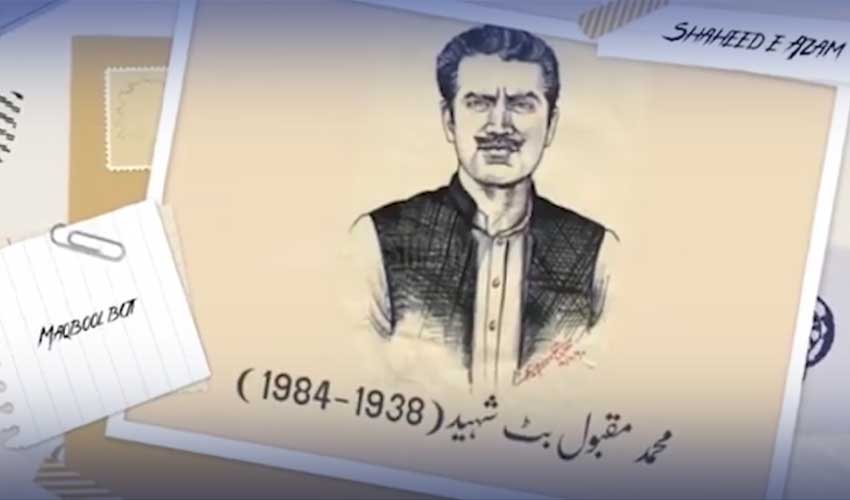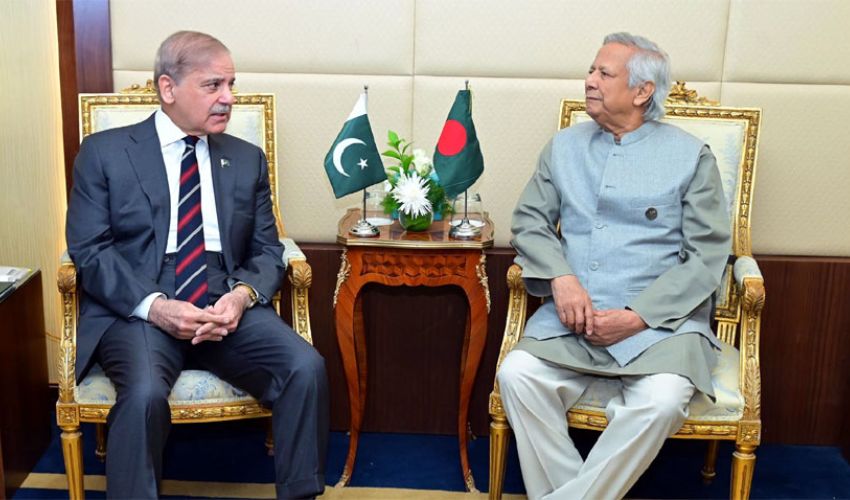On February 11, 1984, the Indian government executed Kashmiri leader Maqbool Bhat by hanging him in Tihar Jail, a shocking act of injustice.
Instead of allowing his family to bury him, authorities buried Bhat within the prison.
Born on February 18, 1938, in Kupwara, Jammu and Kashmir, Bhat earned a master's degree in Urdu from Peshawar University.
🕊️ Remembering Maqbool Bhat: Kashmir's martyr and voice of resistance.
— SAMAA TV (@SAMAATV) February 11, 2024
Executed unjustly by the Indian govt in 1984, Bhat's legacy lives on as a symbol of Kashmiri struggle for freedom. #SamaaTV #MaqboolBhat #Kashmir #VoiceOfResistance 🇮🇳🕊️🇵🇰 pic.twitter.com/WRcfXG09aS
In 1960, he contested in the first municipal elections under the B.D. system in Azad Kashmir and won.
Read more: Modi govt's forced demolitions in Kashmir spark severe human rights concerns
On August 13, 1965, Bhat established the National Liberation Front (NLF).
After Bhat's execution, protests erupted across the occupied valley, leading to a four-day shutdown.
On November 4, 1989, militants from the Jammu and Kashmir Liberation Front (JKLF) reportedly killed Justice Neel Kanth Ganjoo, who had sentenced Bhat to death.
People in Jammu and Kashmir view Bhat as a martyr and a symbol of Kashmiri struggle.
Bhat was a prominent voice for the oppressed Kashmiris, and his martyrdom silenced him, but his legacy lives on.
He dedicated his life to the freedom of the Kashmiri people.



























